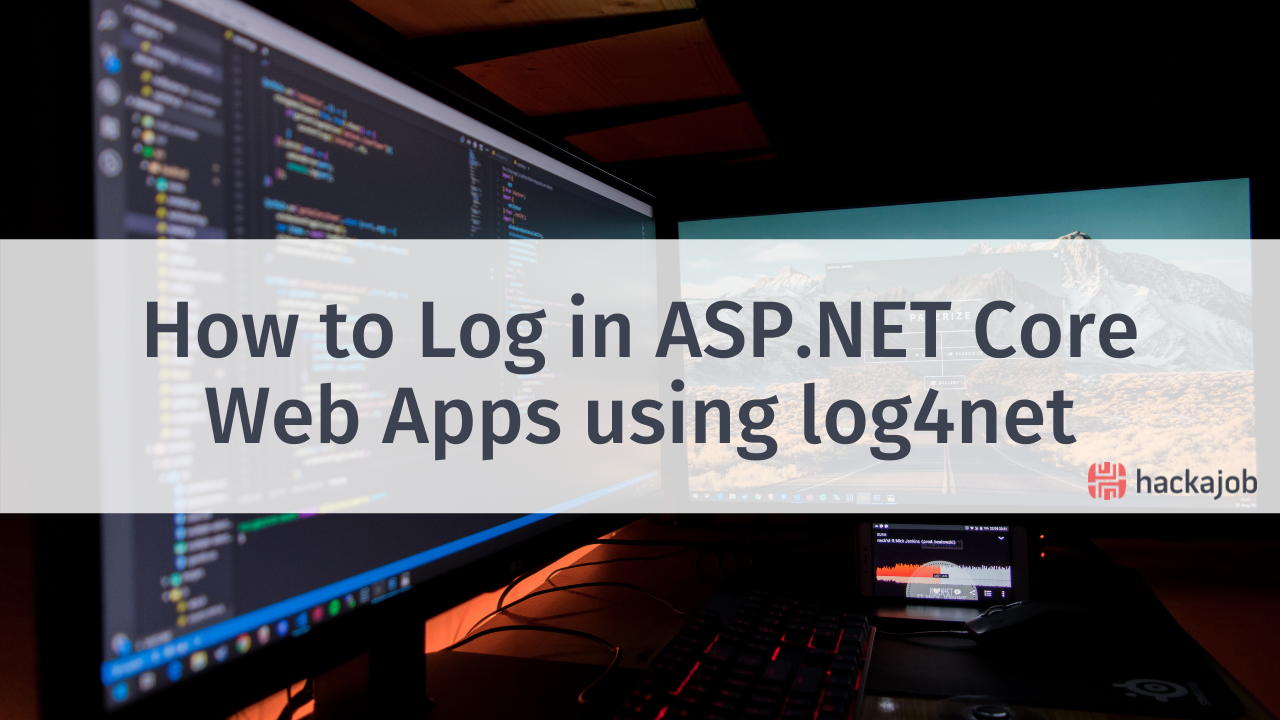When it comes to job applications, in-person interviews are arguably the most nerve-wracking and sweat-inducing stage. Not everyone deals well with being placed in the spotlight, and stressful situations can often result in momentary mistakes which could ruin your chances entirely. Whether it’s giving a bit too much information about how you felt about your old boss, being uninformed about the company culture, or talking about salary too soon, there are always details that showcase which applicants are not the right fit for the business.
In the field of technical interviews, the game is slightly different, and arguably more demanding. Tech interviews are structured differently, in order to showcase a specific set of skills based on the position you’re applying for. As an example, they are different from the standard face-to-face ‘tell me about yourself’ interviews in other fields of work because of the need to prove your coding skills, or to display problem-solving capabilities.
The structure of technical interviews and how companies conduct them is also different. Some companies require two phone interviews, one of which is technical, followed by an onsite interview, which can consist of multiple other smaller meetings. In order to ace your technical interview, there are certain standard “tests” or things to expect when you meet with the hiring manager. Let’s take a look at the top 5 things to expect in a technical interview.
1. A whiteboard
You might walk into the interview room and see a whiteboard with some markers waiting for you. Don’t panic, this is fairly standard. The hiring manager will usually give you a task or a problem to solve. After you solve the coding problem, the hiring manager will go over it with you. Again, this is standard procedure.
The whiteboard test is a common exercise which helps demonstrate the way the candidate communicates their ideas, and problem-solving skills. Yet, you need to keep in mind that it’s not just about solving the problem presented to you, but also how you explain it. Take this opportunity to display your coding and technical skills, while showing the talent manager that you’re capable of communicating in a crisp and effective manner. Don’t jump into it. Think and plan, the talent manager wants to see good architecture and design.
2. The industry standard questions
No interview will ever be conducted without the industry standard questions. These may vary from experience to certifications, and special skills. If you’ve been in more than one technical interview before, then you most likely have a general idea of what these may entail. Either way, here are some of the top questions to expect, in no particular order:
- What are your strengths and weaknesses?
- What are some of the languages and frameworks you’ve used?
- Describe some of the development tools you’ve used in the past.
- How does your educational background qualify you for this position?
- What do you think you will be doing on a daily basis, based on the job description?
It’s important to answer these questions in a concise manner, without wavering off into other topics and evading a direct answer. If you’ve applied for a position that you are confident you can fill, then most of the answers will come naturally. For a more extensive list of top interview questions, check out this link.
3. Resume walkthrough
Many interviewers will ask the candidate to walk them through their resume. This is a 30-second to a one-minute overview of your experience. This little test will show the talent manager how good you are at condensing information and presenting the facts that are most important. By no means should you surpass the one minute mark, or dwell on one section for the whole minute.
A great way to do this is to time yourself while you practice at home. Timing how long it takes you to describe your resume will simulate the real-life scenario, and the more you repeat the exercise, the more you will realize what information is important, and what can be left out. This is one of many ways to nail the resume walkthrough.
4. Coding exercises
Pair programming has become an alternative to the whiteboard test, which some companies believe has become somewhat outdated. While it is true that pair programming is replacing whiteboarding, it also covers different areas as well. In pair programming, you will be writing lines of code and therefore testing will also be important, such as the Test-driven Development (TDD) approach. This is the same for the Individual Tech Tests. The hiring manager tests how you interact with other team members while analyzing your coding ability and your problem-solving skills through pair programming.
Many interviewers will ask you to improve on a prior coding challenge you completed before having the face-to-face interview. That, or they might give you a standard coding problem, such as the Fizz Buzz challenge. Either way, make sure you are prepared for this stage.
5. Detailed project description
In this stage, you will have to talk through a project from inception to completion. This is in order to show the hiring manager your understanding of the full development lifecycle. Again, this exercise will test your communication skills, as well as display how much you know about project development.
Remember to describe the project as a whole, and its goal, before moving into the step by step description. You can practice by taking roughly 5 minutes of your time to describe one of your old projects from your resume to a friend or family member (or anyone who is willing to listen).
In the end, it’s all about preparation and practice. Interviewers like to see that the candidate is confident in their ability to communicate, and if you feel that you are lacking on that end, then the best way to improve is to simulate interviews as much as possible. When a talent manager sees that the interviewee is prepared for the meeting, that can also give you some extra points, and impress the interviewer. All in all, once you’ve practised enough, you won’t hesitate when these top 5 steps come up in your technical interview.
#happyprogrammersday


